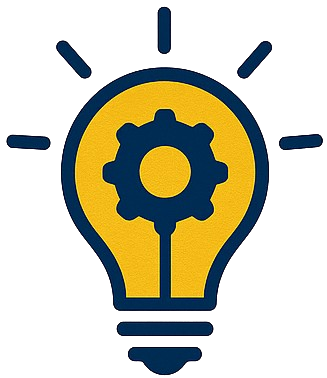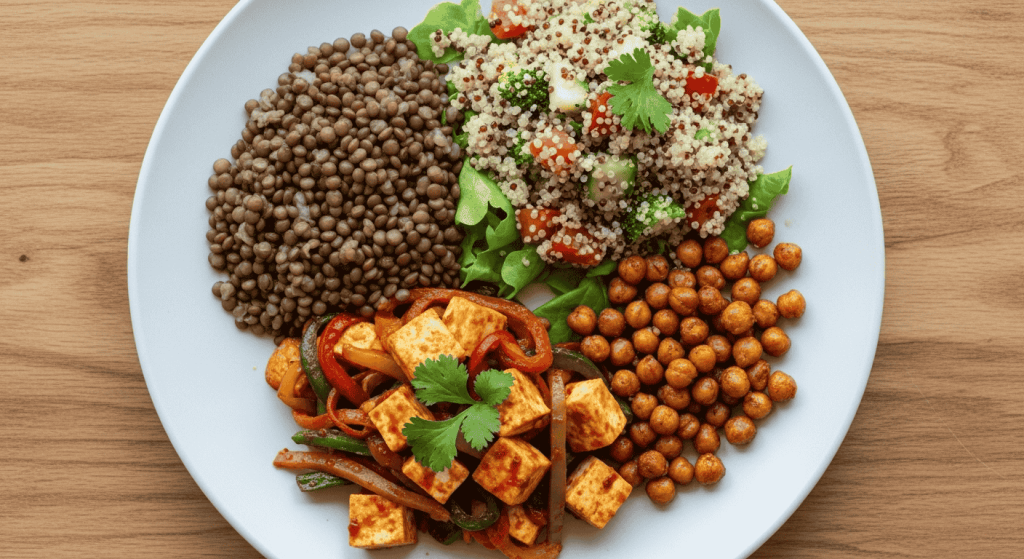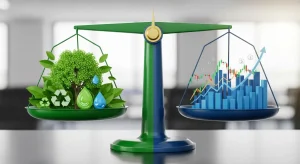Introduction
Are you searching for high protein vegetarian meals that fuel your body and support your fitness or weight-loss goals? Whether you’re vegetarian by choice or simply reducing meat consumption, protein plays a crucial role in maintaining muscle mass, energy, and overall health. The good news? You don’t need meat to hit your daily protein goals!
In this article, we’ll explore nutrient-packed vegetarian meals that are rich in plant-based protein, easy to cook, and incredibly satisfying. Let’s dive into the world of delicious vegetarian recipes perfect for lunch, dinner, or post-workout nutrition.
Why High Protein Is Important in a Vegetarian Diet
Protein helps:
Build and repair muscles
Support metabolism
Keep you fuller for longer
Aid in hormone production
Since vegetarians don’t consume meat, vegetarian protein sources like lentils, chickpeas, tofu, and quinoa become essential. Including a variety of plant-based protein recipes in your daily diet ensures you meet your nutrition needs.
Top 10 Travel Destinations in Europe for Summer 2025
Top 7 High Protein Vegetarian Meals
1. Chickpea & Spinach Curry
Protein: ~18g per serving
Packed with fiber and iron, this Indian-inspired dish is both spicy and hearty.
Ingredients:
Chickpeas
Spinach
Tomatoes
Garlic, onion, cumin
Great for: Muscle recovery and weight management.
Healthy Lifestyle Tips for Office Workers in the US/UK
2. Tofu Stir Fry with Brown Rice
Protein: ~22g per serving
A quick and balanced Asian-style meal loaded with veggies.
Highlights:
Tofu (protein-rich and calcium-packed)
Broccoli, bell pepper, carrots
Low-sodium soy sauce
3. Lentil and Quinoa Salad
Protein: ~20g per serving
This refreshing salad is a complete protein meal combining quinoa and lentils.
Why It Works:
High fiber
Perfect for vegetarian meal prep
Keeps you full longer
How to Eat Healthy on a Budget in 2025
4. Vegetarian Chili with Black Beans
Protein: ~18g per bowl
A spicy, cozy comfort meal great for batch cooking.
Power Ingredients:
Black beans
Kidney beans
Bell peppers
Tomato base
5. Greek Yogurt Parfait with Nuts & Chia
Protein: ~15g per bowl
A protein-packed vegetarian breakfast or dessert that’s both tasty and nutritious.
Add-ons:
Almonds
Berries
Chia seeds
Honey (optional)
6. High Protein Veggie Omelet
Protein: ~17g per serving
Eggs are an excellent vegetarian protein source—paired with vegetables, it’s a perfect post-workout meal.
7. Paneer Tikka with Whole Wheat Roti
Protein: ~25g per serving
Paneer (Indian cottage cheese) is one of the best vegetarian muscle gain meals.
Cook Tip: Marinate with yogurt, turmeric, chili powder, and grill or bake.
Complete Vegetarian Protein Sources Table
| Food Item | Protein per 100g |
|---|---|
| Lentils (cooked) | 9g |
| Chickpeas | 19g |
| Tofu | 15g |
| Quinoa (cooked) | 8g |
| Black Beans | 21g |
| Greek Yogurt | 10g |
| Paneer | 18g |
| Chia Seeds | 17g |
| Almonds | 21g |
Meal Planning Tips for a Protein-Rich Vegetarian Diet
Combine Proteins Smartly
Mix grains and legumes (e.g., rice + beans, lentils + quinoa) for complete amino acid profiles.
Don’t Forget Snacks
Choose high protein snacks like:
Roasted chickpeas
Protein bars (plant-based)
Trail mix with nuts and seeds
Prep Ahead
Use vegetarian meal prep containers to plan 3–4 days’ worth of meals. Add a mix of protein, fiber, and healthy fats.
FAQs About High Protein Vegetarian Meals
1. What are the best vegetarian protein sources?
Great vegetarian protein sources include lentils, tofu, tempeh, chickpeas, quinoa, Greek yogurt, chia seeds, and paneer.
2. Can vegetarians build muscle with plant-based protein?
Absolutely! With proper planning and protein intake (1.2–2.0g/kg body weight), vegetarians can effectively build muscle.
3. How much protein do I need daily as a vegetarian?
Most active individuals need around 50–80g/day. The exact number depends on your age, activity level, and fitness goals.










